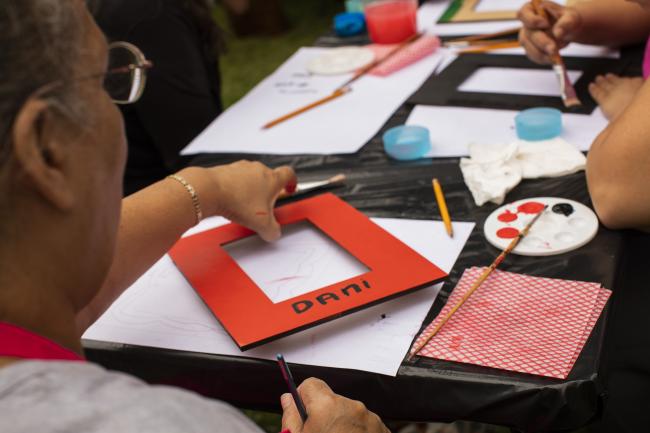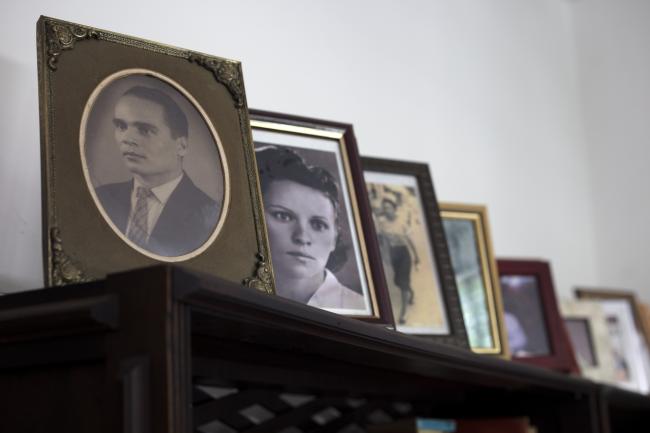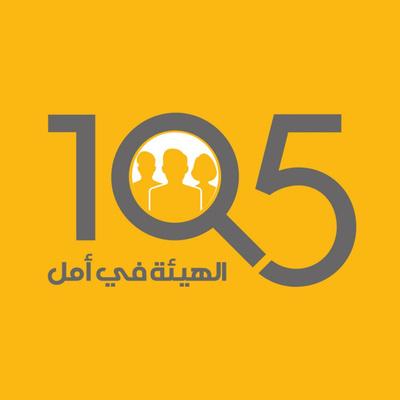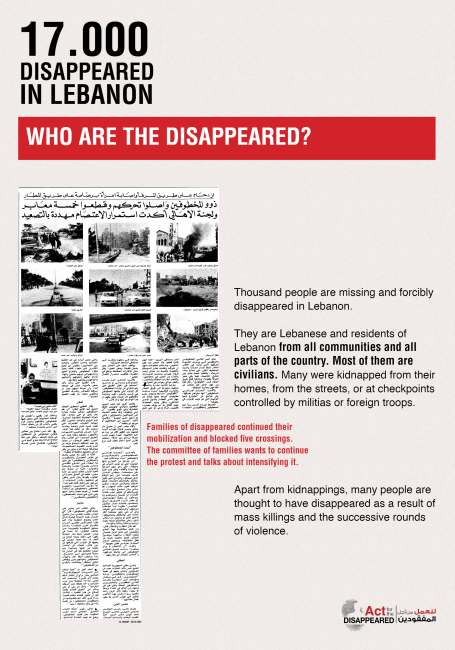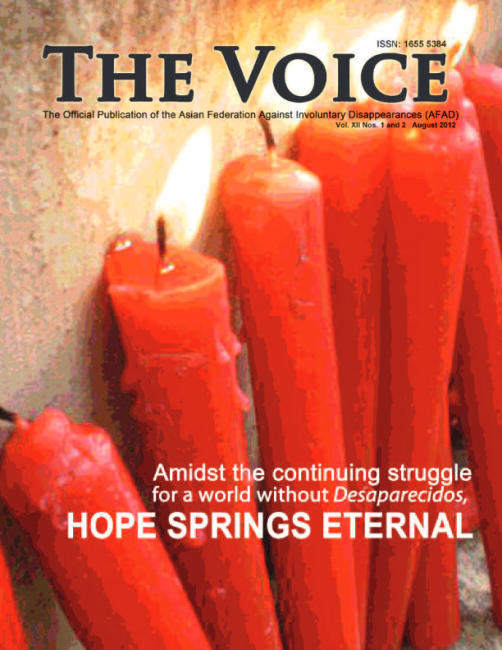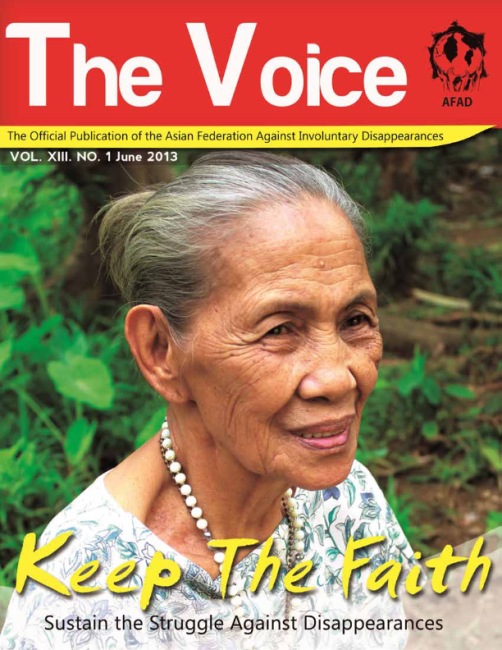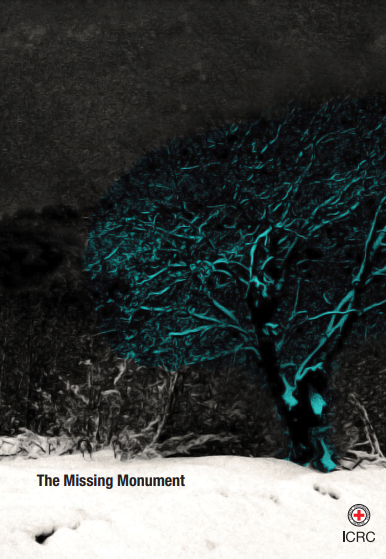
The Missing Monument
The Missing Monument is a digital artwork dedicated to the families of persons who went missing during the conflicts of Abkhazia and South Ossetia in the 1990s and 2008. According to the ICRC’s official data, there are 2’352 persons whose fate and whereabouts are still unknown. The Missing Monument aims at commemorating them but instead of directly recalling the names of the missing ones, this project focuses on the intimate experience of those who stayed behind and are in a permanent state of waiting and missing those who are gone. Beyond this context, the exhibition intends to pay tribute to families from all over the world, whose loved ones have gone missing in other situations, times, and places.
COVID-19 has changed not only our everyday lives, but also the way we make exhibitions. A ’real-space’ exhibition was to take place in June 2020, during an International Workshop with families of Missing persons from all over the world, in the framework of a 4-year project led by the ICRC, the Missing Persons Project. The exhibition had to be ‘relocated’ to the digital space, due to the pandemic. By shifting the working space from a physical location to the digital sphere, the approach was broadened. This is meant to allow all families of missing persons to access it, and to enable the general public to be sensitized about the issue of missing persons, through the experience their relatives have been through.
The web platform is at this stage available in English, Georgian, and Russian, to be extended to more languages in the future. The historical and political backgrounds of the conflicts are intentionally left out, as the purpose of the monument is to focus on the common nature of pain related to disappearance: this pain has no land, no nationality, and no one’s pain is larger than someone else’s. In the words of a mother of a missing son, “Grief has no nationality. We live under a common sky; our pain is the same.”


